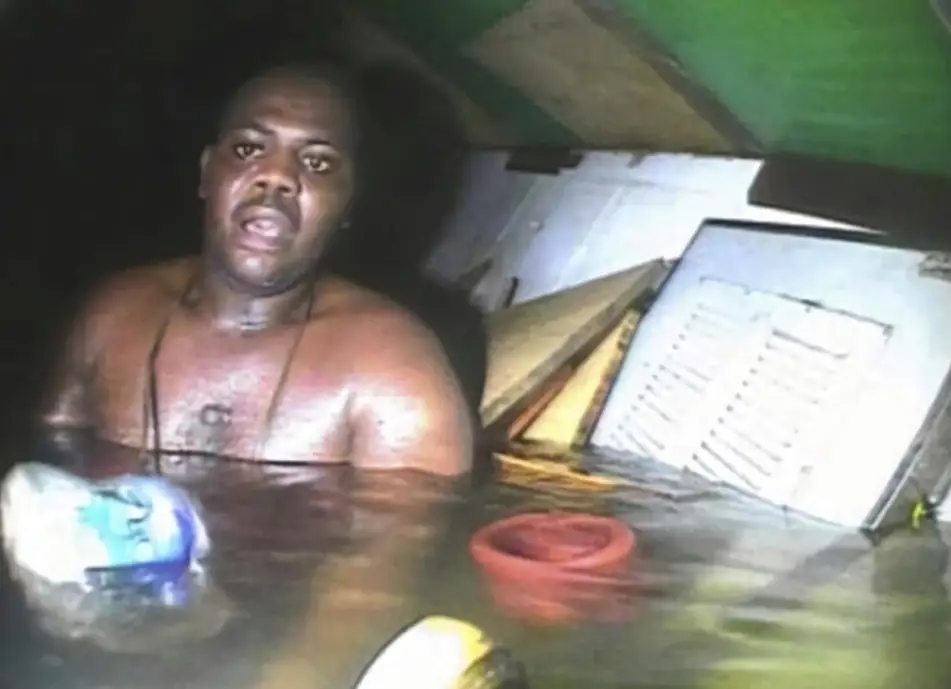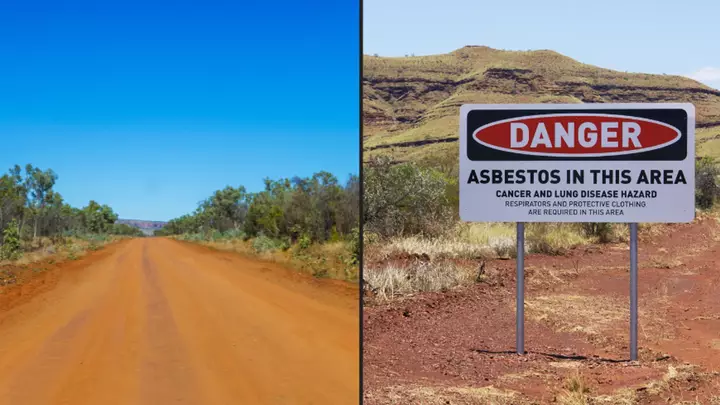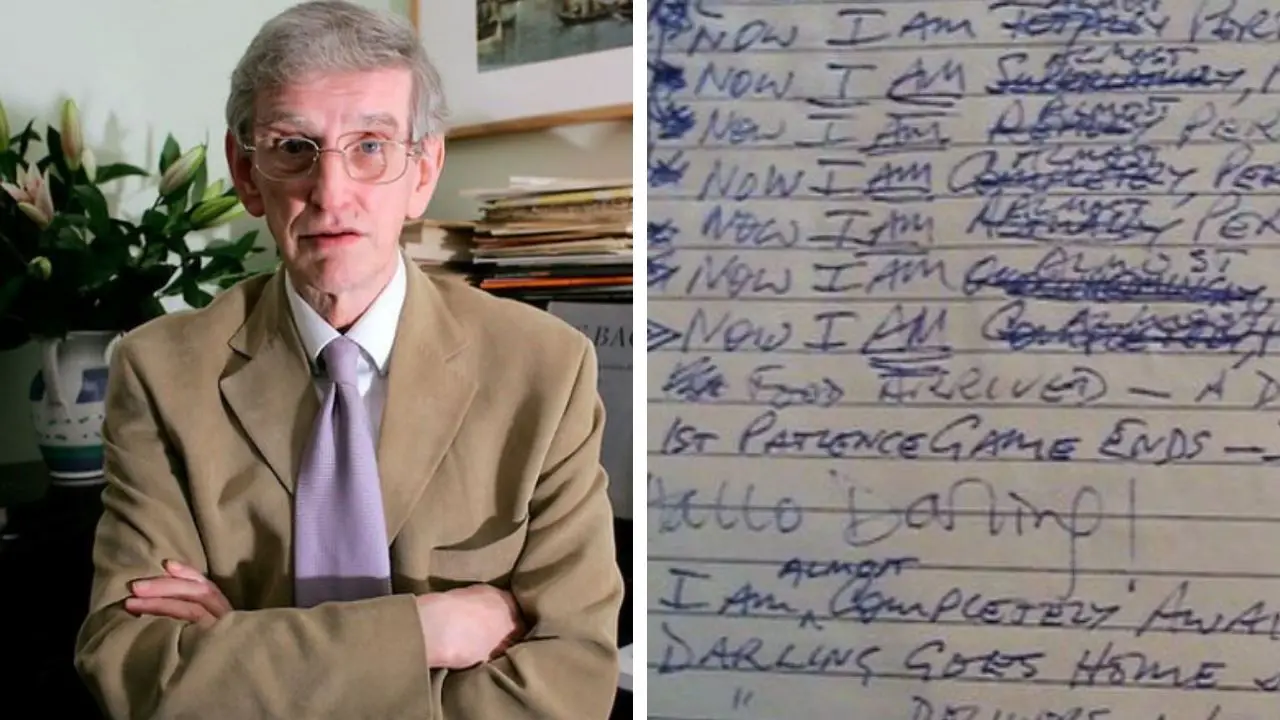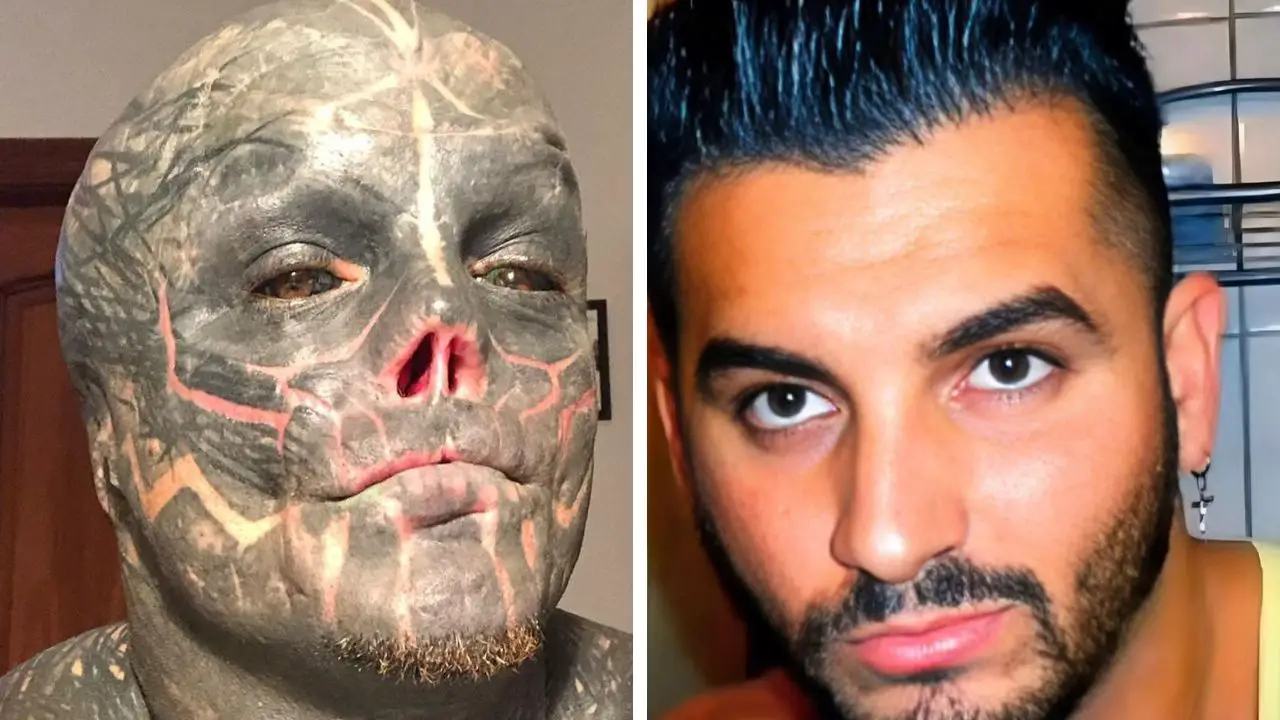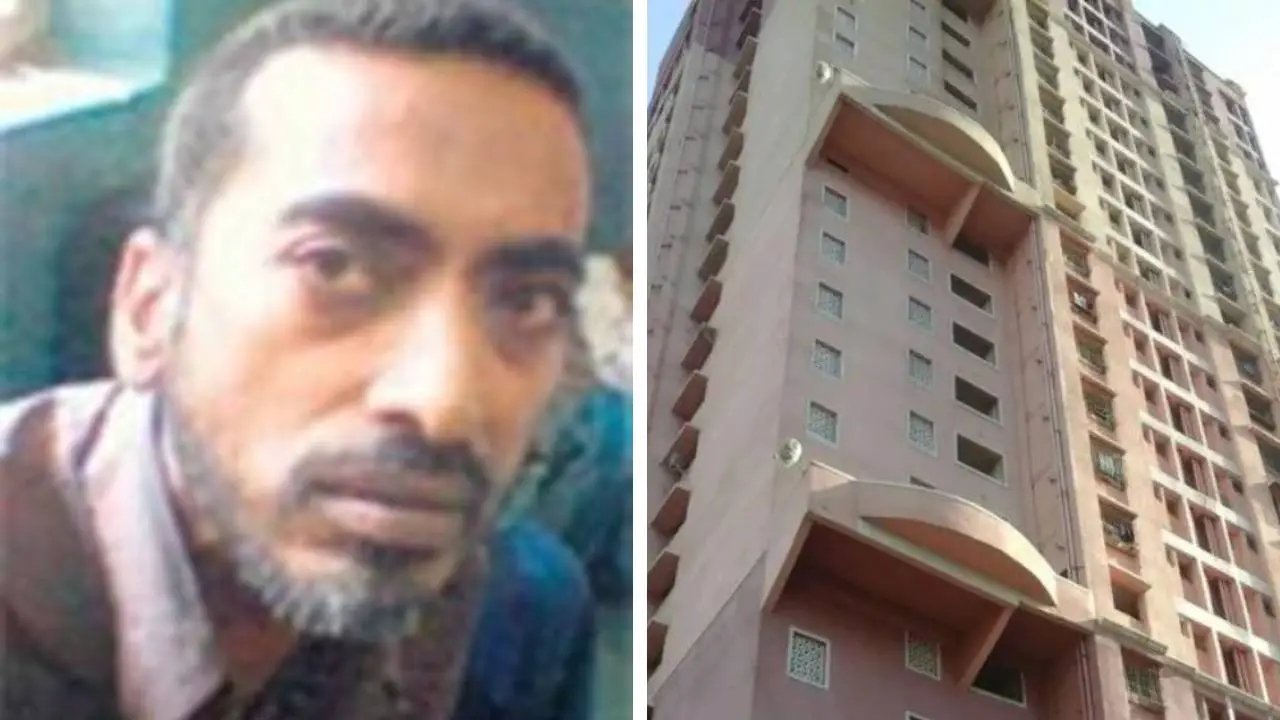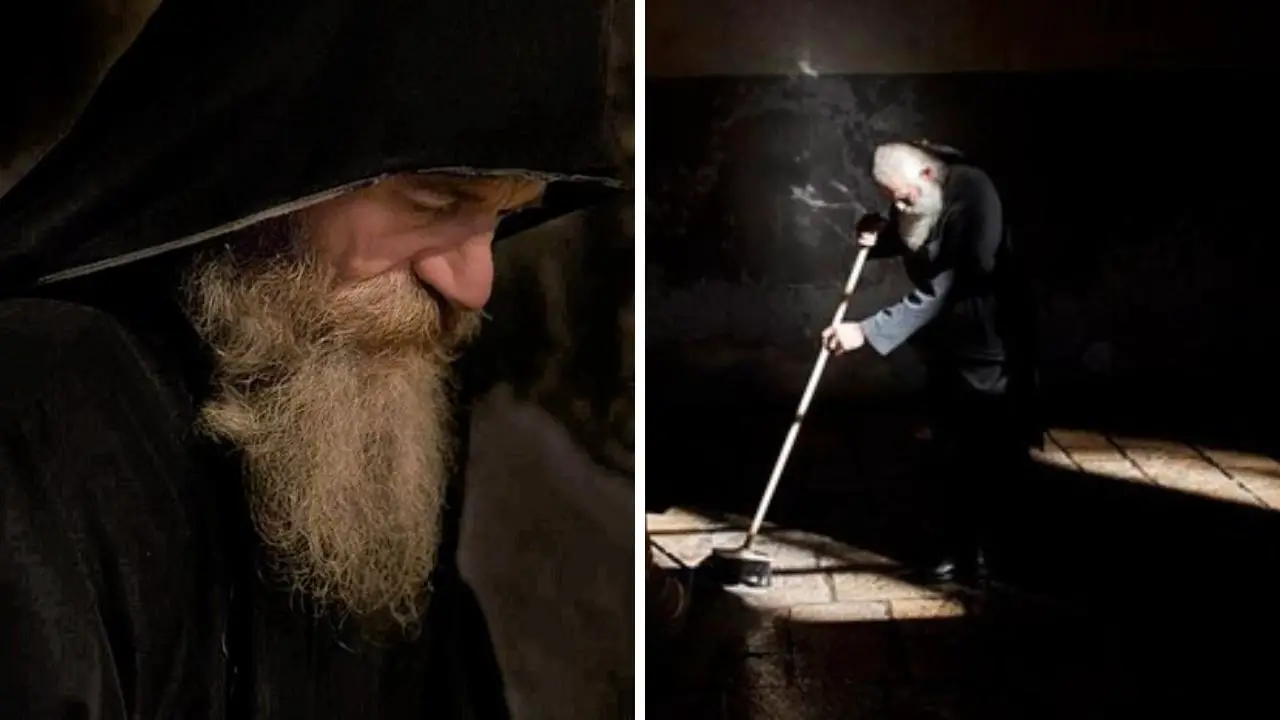US tourist arrested after allegedly attempting to contact ‘world’s most isolated’ tribe on North Sentinel Island
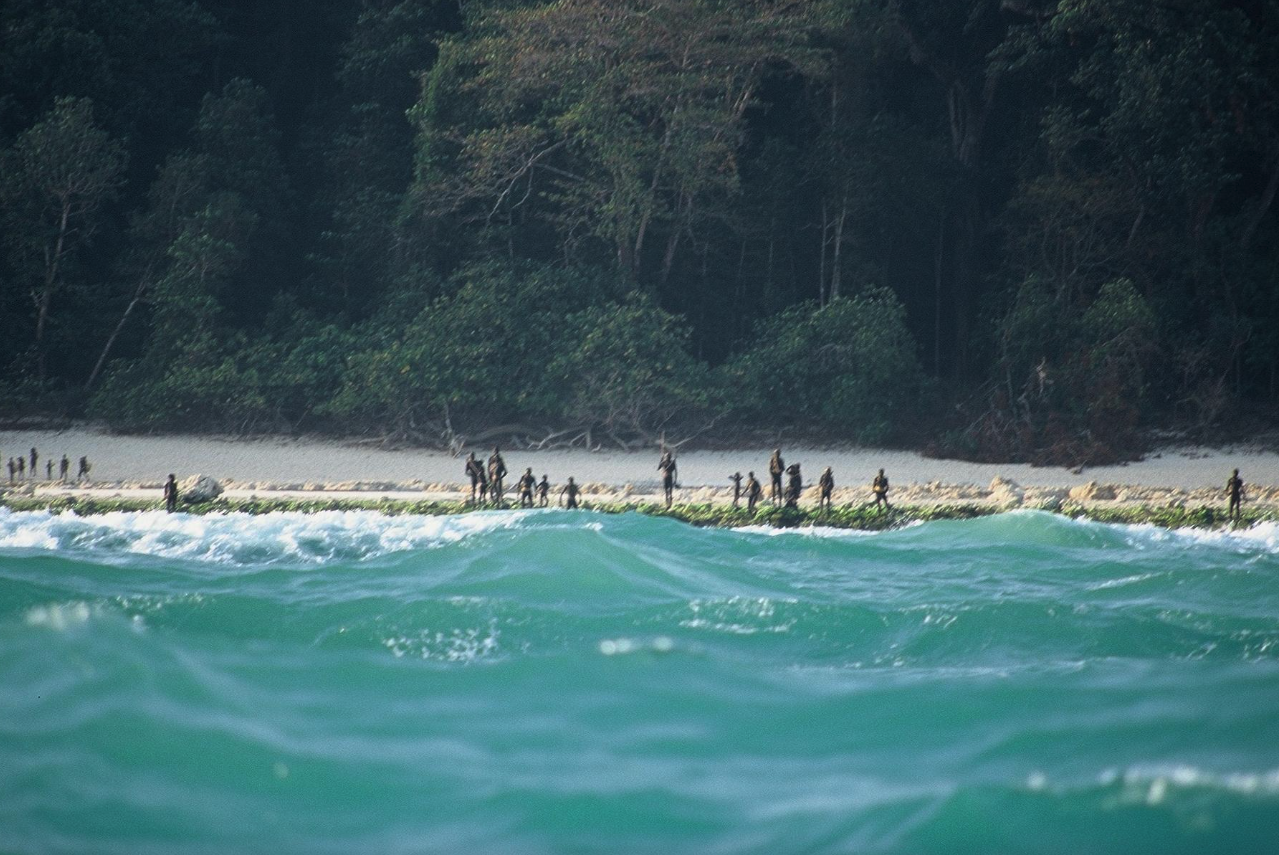
An American tourist, Mykhailo Viktorovych Polyakov, 24, has been arrested after allegedly traveling to North Sentinel Island in the Bay of Bengal, home to the Sentinelese tribe—one of the world’s most isolated communities.
Polyakov made the illegal voyage on March 29, 2025, and was arrested upon his return to the mainland.
The incident has sparked widespread concern over the safety of both the tourist and the tribe, as well as the critical need to respect legal protections for indigenous peoples.
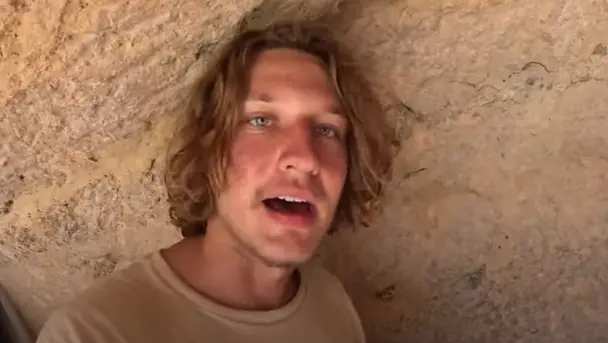
Background on North Sentinel Island and the Sentinelese
North Sentinel Island, part of India’s Andaman and Nicobar archipelago, is a protected area where the Sentinelese tribe resides.
The tribe, estimated to number around 200 individuals, has had virtually no contact with the outside world.
Known for their hostility toward intruders, the Sentinelese fiercely guard their isolation.
Indian law, specifically the Andaman and Nicobar Islands (Protection of Aboriginal Tribes) Regulation, 1956, prohibits anyone from approaching within 5 kilometers of the island to protect the tribe from modern diseases, to which they have no immunity, and to preserve their unique way of life.
The Sentinelese gained global attention in 2018 when they killed John Allen Chau, an American missionary who attempted to make contact with them.
Chau’s body was never recovered, and no investigations were conducted due to legal restrictions.
This incident underscored the tribe’s determination to remain undisturbed and the dangers of unauthorized visits.
The Sentinelese are believed to be descendants of some of the first humans to leave Africa, having lived in isolation for tens of thousands of years.
Their language, culture, and daily life remain largely unknown.
As hunter-gatherers, they rely on the island’s resources for survival and are known to be extremely healthy, with no recorded diseases.
However, this makes them highly vulnerable to external pathogens, which could devastate their population.
Historically, attempts to engage with the Sentinelese have been met with resistance.
In the late 19th century, British officers left gifts on the beach, only to be greeted with arrows.
In 1967, the Indian government left a pig as a gesture, which was also rejected.
In 2004, following the Indian Ocean tsunami, the tribe was observed unharmed but fiercely guarded their territory from rescue helicopters.
In 2006, two fishermen who drifted onto the island were killed by the tribe.
These events highlight the Sentinelese’s consistent desire for isolation and their readiness to defend their territory.
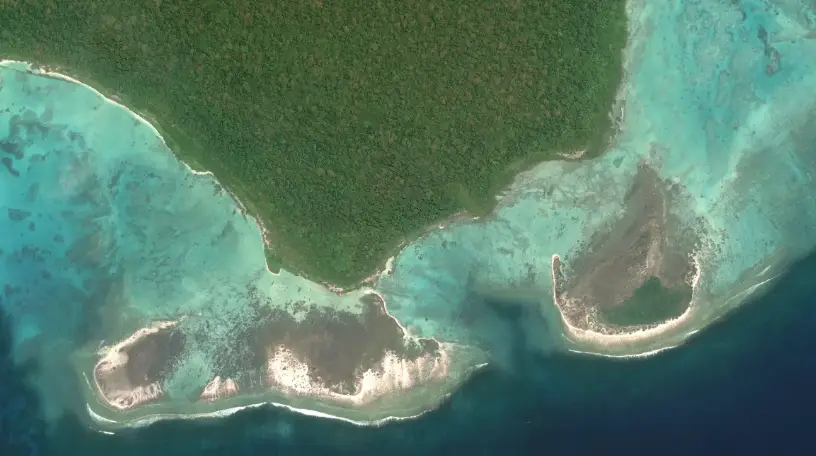
Details of the Incident
Polyakov, described by Indian media as a “thrill seeker,” used an inflatable boat with a motor to reach North Sentinel Island from South Andaman, a journey of about 25 miles.
On March 29, 2025, he allegedly blew a whistle off the shore for approximately an hour before landing on the island for about five minutes.
During his brief stay, he left a can of Coke and a coconut—presumably as offerings for the tribe—and collected samples, which he recorded on his GoPro camera.
This was not Polyakov’s first attempt to reach the island.
He had previously tried in October 2024 using an inflatable kayak but was stopped by hotel staff.
Another attempt in January 2025 was also unsuccessful.
On this occasion, however, he succeeded in reaching the island but did not make direct contact with any tribe members, according to police reports.
Upon his return to the mainland, Polyakov was arrested by Indian authorities on March 31, 2025.
The police seized his boat, motor, phone, GoPro camera, and a bottle containing sand from the island.
Footage from his GoPro confirmed his entry and activities on the island, providing evidence of the illegal visit.
Polyakov’s background sheds light on his motivations.
He is linked to a YouTube account where he documents daring travels, including a trip to Afghanistan where he met with the Taliban.
This suggests a pattern of seeking extreme experiences for content creation, rather than any anthropological or humanitarian intent.
Indian media reports indicate he may have teased his visit to North Sentinel Island online months in advance.
| Detail | Information |
|---|---|
| Name of Arrested Tourist | Mykhailo Viktorovych Polyakov, 24 years old |
| Date of Illegal Voyage | March 29, 2025 |
| Location | North Sentinel Island, Andaman and Nicobar archipelago |
| Arrest Date | March 31, 2025 |
| Contact with Sentinelese Tribe | Did not make contact |
| Items Seized by Police | Inflatable boat, motor, phone, GoPro, bottle of sand |
| Previous Attempts | October 2024 (stopped by hotel staff), January 2025 (unsuccessful) |
| Actions on Island | Blew whistle for an hour, landed for 5 minutes, left Coke and coconut |
| Evidence | GoPro footage reviewed by police showing entry and landing |
Reactions and Statements
Survival International, a charity advocating for tribal rights, strongly condemned Polyakov’s actions.
“This person’s actions not only endangered his own life but also put the lives of the entire Sentinelese tribe at risk,” the organization stated.
“Social media influencers pose a new and increasing threat to uncontacted indigenous people.”
The group described the incident as “deeply disturbing,” highlighting the potential for disease transmission and cultural disruption.
The US State Department acknowledged reports of Polyakov’s detention but declined to provide further comment, stating it was “monitoring the situation.”
It remains unclear whether Polyakov will receive consular assistance or if there are diplomatic implications.
Anthropologists and indigenous rights experts emphasize the importance of respecting uncontacted tribes.
Contact can lead to cultural disruption, disease transmission, and even genocide.
The Sentinelese case illustrates why such protections are crucial, as their lack of immunity to modern diseases could lead to catastrophic consequences.
Legal Implications
Polyakov’s actions violated the Andaman and Nicobar Islands (Protection of Aboriginal Tribes) Regulation, 1956, which designates North Sentinel Island as a protected area.
The regulation states: “No person shall enter or remain in the tribal reserve areas except under and in accordance with a permit issued by the Deputy Commissioner or such other officer as may be authorized by him in this behalf.”
Violators can face imprisonment ranging from three to eight years.
Polyakov was presented before a local court and remanded for three days for further interrogation.
If convicted, he could face significant jail time.
The case may also serve as a deterrent to others considering similar stunts, particularly those driven by social media fame.
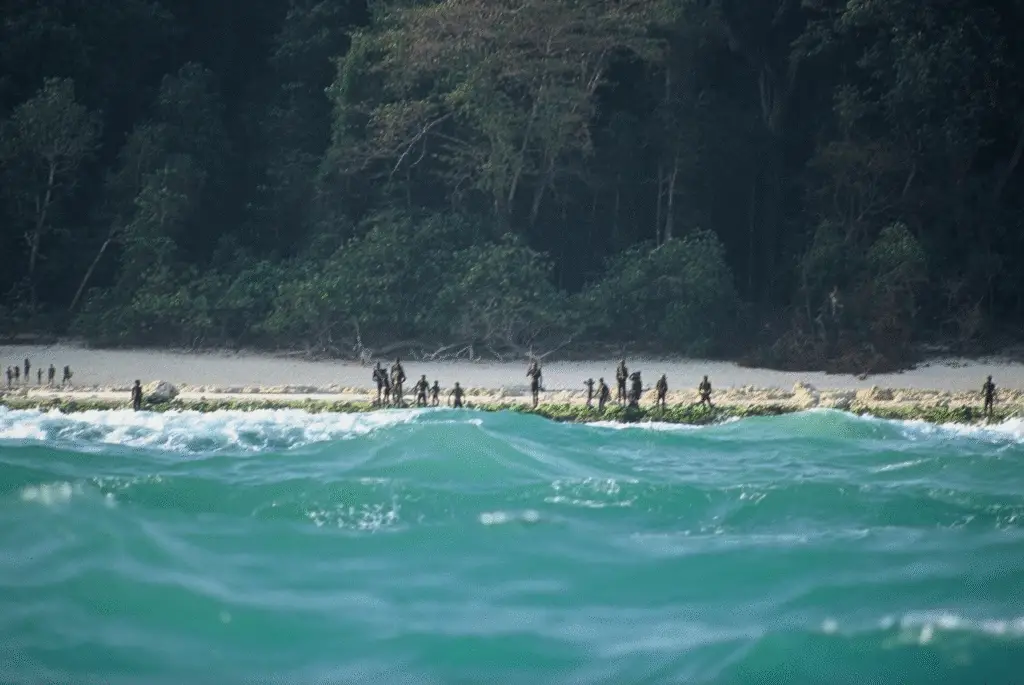
Broader Context
This incident highlights the ongoing challenges in protecting isolated tribes from external threats.
The Sentinelese are one of many uncontacted tribes worldwide, each with unique cultures and vulnerabilities.
Recent events, such as a brief contact with an uncontacted tribe in Brazil’s Amazon rainforest in February 2025, and rare images of the Mashco Piro tribe in Peru in 2024, underscore the delicate balance between curiosity and respect for indigenous rights.
The rise of social media has introduced new risks, with influencers like Polyakov seeking out extreme experiences for content creation.
This trend has prompted organizations like Survival International to call for greater awareness and stricter enforcement of laws protecting uncontacted tribes.
The incident also raises questions about the responsibility of platforms like YouTube in moderating content that encourages dangerous behavior.
Potential Consequences
If convicted, Polyakov could face up to eight years in prison under Indian law.
The case may prompt authorities to strengthen measures to prevent unauthorized access to restricted areas.
It has also sparked a broader debate about the ethics of thrill-seeking tourism and the role of social media in amplifying such behavior.
The 2018 killing of John Allen Chau remains a stark example, and Polyakov’s actions could have similarly endangered both himself and the Sentinelese.
Related Story: Why He Didn’t Survive North Sentinel Island!
International Response
The US State Department has acknowledged the situation but has not provided further details.
It is unclear whether Polyakov will receive consular assistance or if the incident will lead to diplomatic discussions between the US and India.
The international community, including indigenous rights organizations, continues to advocate for the protection of uncontacted tribes and stricter enforcement of laws like those governing North Sentinel Island.
The Sentinelese have clearly demonstrated their wish to remain undisturbed, and international laws are in place to protect them.
This incident serves as a cautionary tale about the dangers of disregarding these protections, both for individuals seeking thrills and for the tribes themselves.
As investigations continue, the case may lead to renewed efforts to safeguard vulnerable indigenous communities from external threats.

















